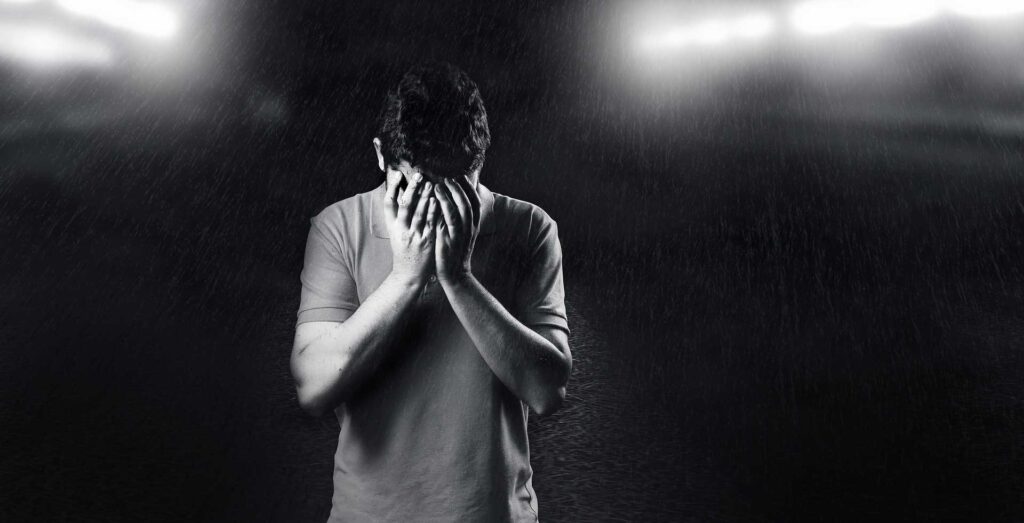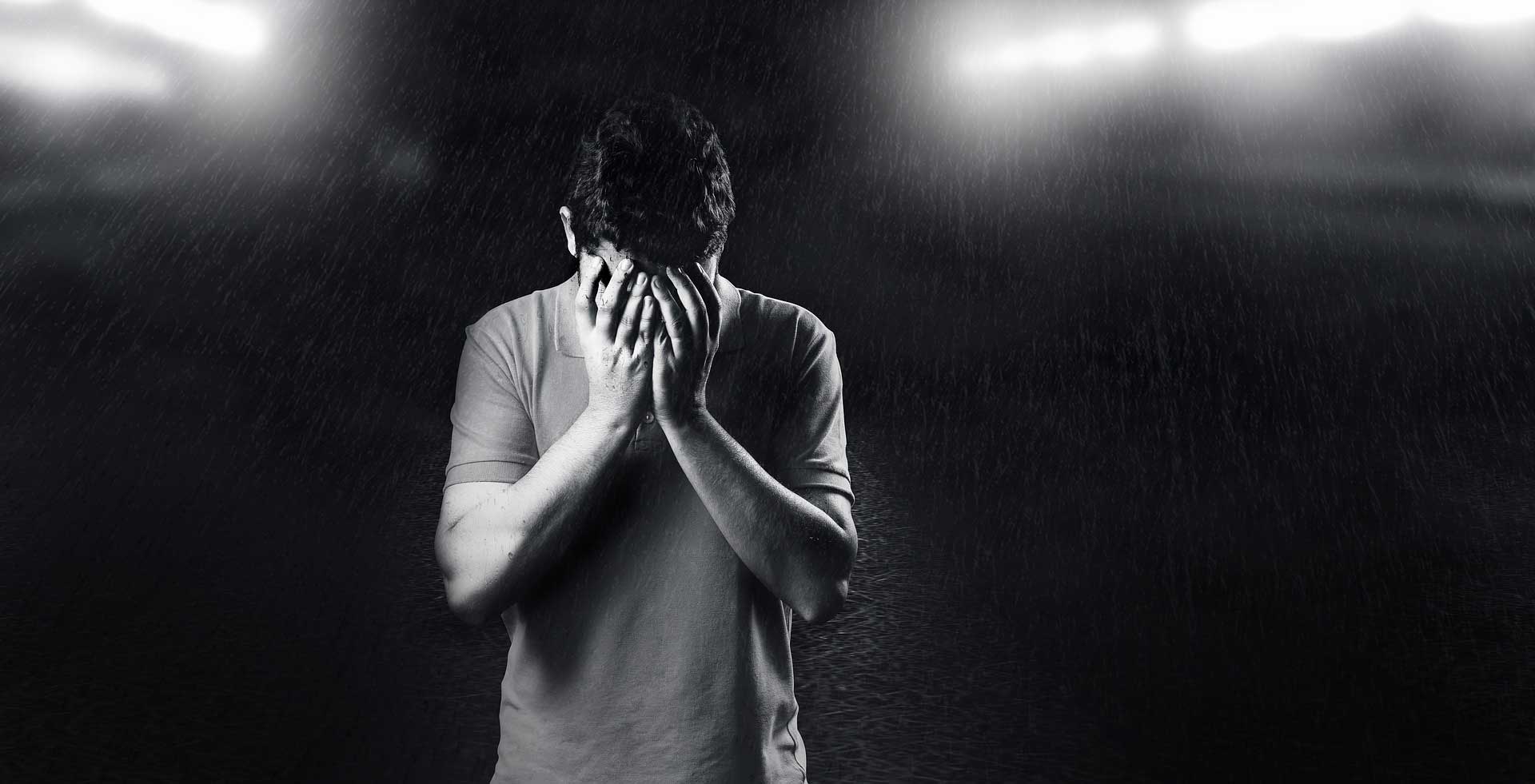
Depression is a condition that is caused by extreme sadness, lack of interest, and low inspiration. It is common to have the feeling of despair and sadness in reaction to adverse events in life. These events can be disappointment, stress, serious life changes, or loss. In many circumstances, sadness resolve with time when you get used to the life changes.
Depression is not like only feeling sad and unhappy and it can be devastating. Generally, unhappiness has some reason like not finding a job or being rejected. In contrast, depression is a prevalent feeling that comes with a reason or without a reason so it could be challenging to learn how to avoid being sad. Unluckily, it is not that easy, however, there are some effective methods to help alleviate or reduce the signs of depression.
Ways to deal with depression and sadness
- Exercise
Get time to exercise for about 15 to 30 minutes a day. You can also dance, or jog if you like. Depressed people may feel more inactive but let you do it anyhow. When you will involve in exercise habits, you will soon notice an elevation in your mood.
- Involve yourself in activities that make you feel better
To manage depression, you need to do activities that energize and relax you. Such activities include learning to manage stress in a good way, following a healthy lifestyle, and planning fun activities to feel good.
- Eat the right food
Your appetite can be affected by depression. A depressed person may not feel hungry while others can overeat. If your eating habit is disturbed by depression, you need to be careful about your meals. Proper food can affect the energy and mood of a person. Eat lots of fruits and vegetables and have regular meals.
- Note good things in your life
Depression influences the thoughts of a person and makes everything look negative, dismal, and hopeless. Depression leads you to notice the negative things in your life but you can try noticing good things to feel better. Think about your blessings, strengths, or gifts. Most importantly, be patient with yourself and depression will heal with time.
- Express your emotions
When you feel depressed, the sense of creativity and fun seems to be blocked. Express your feelings and imagination through drawing, painting, writing, doodling, dancing, sewing, or whatever you like to do, and you will notice positive emotions after practicing this. Get some time to do something exciting for yourself or play with your pet or friend. Find some reason to laugh such as a funny movie. Laughter can help you feel better and lighten your mood.
Experience sadness in healthy ways
There are times when you feel like what’s the point of living when you feel depressed. It is a common feeling and can be managed in a healthy way. Given below are some of the ways to deal with sadness healthily and to enable this feeling to improve your life:
- When you feel sad, let yourself be sad as denying or masking such feelings can bury them underground and this can cause more damage over time. If you want to cry, go for it and note if you feel good after you stop crying.
- Listen to music, write down your feelings in a journal, spend time with family or friends, or express your sad emotions.
- Consider what makes you feel sad. It is due to some unhappy event or related to some loss. Think of them in an unbiased way and drive the wave of the involvement.
- Sadness can lead to an unexpected change in your life or it may indicate that you are required to make a change in your life. Emotions change and will go with time.
- Understand when sadness changes to depression. If this happens, get help instead of getting trapped into it.
Therapies to deal with depression
There are different ways to cope with depression and they are most effective when used in combination. The basic medical therapies and options include Cognitive Behavioral Therapy, Electroconvulsive Therapy, antidepressant medication, Psychoeducation, and more. Coping strategies and education can also help when it comes to managing your depression.
